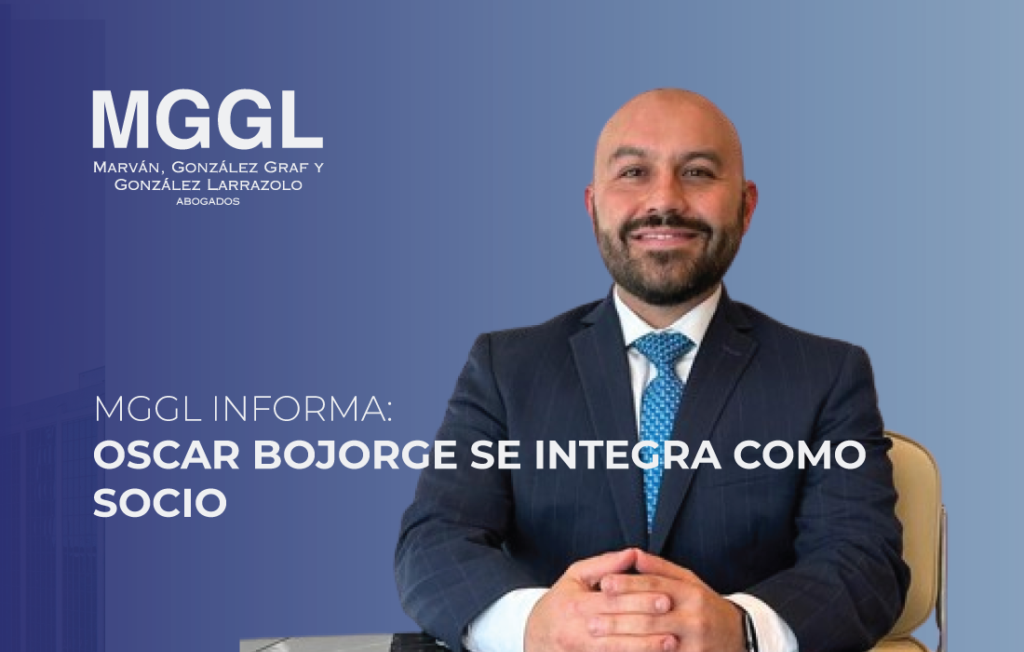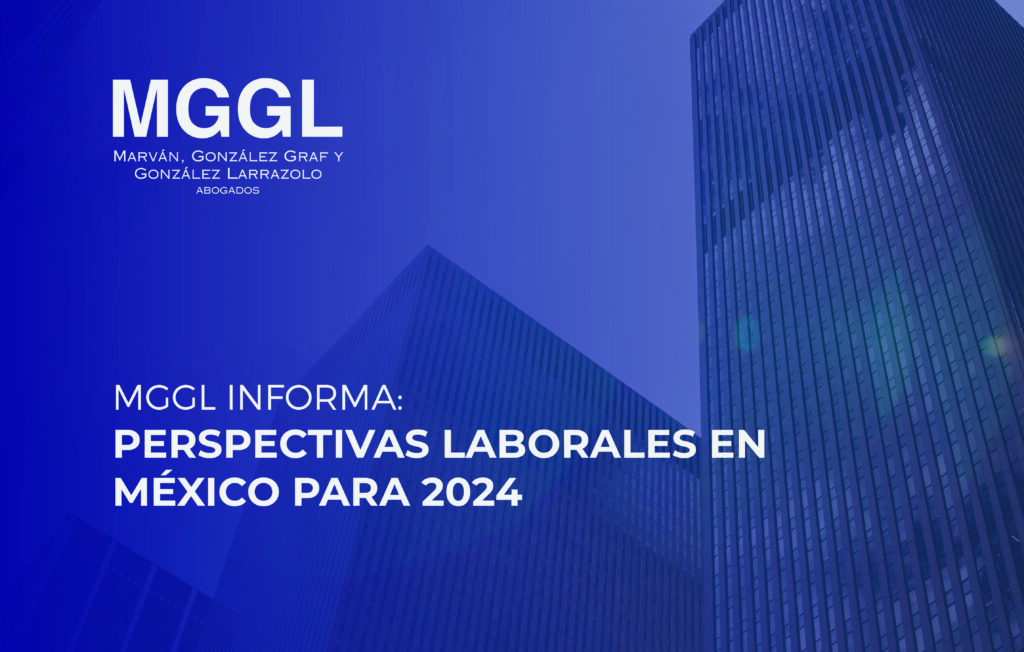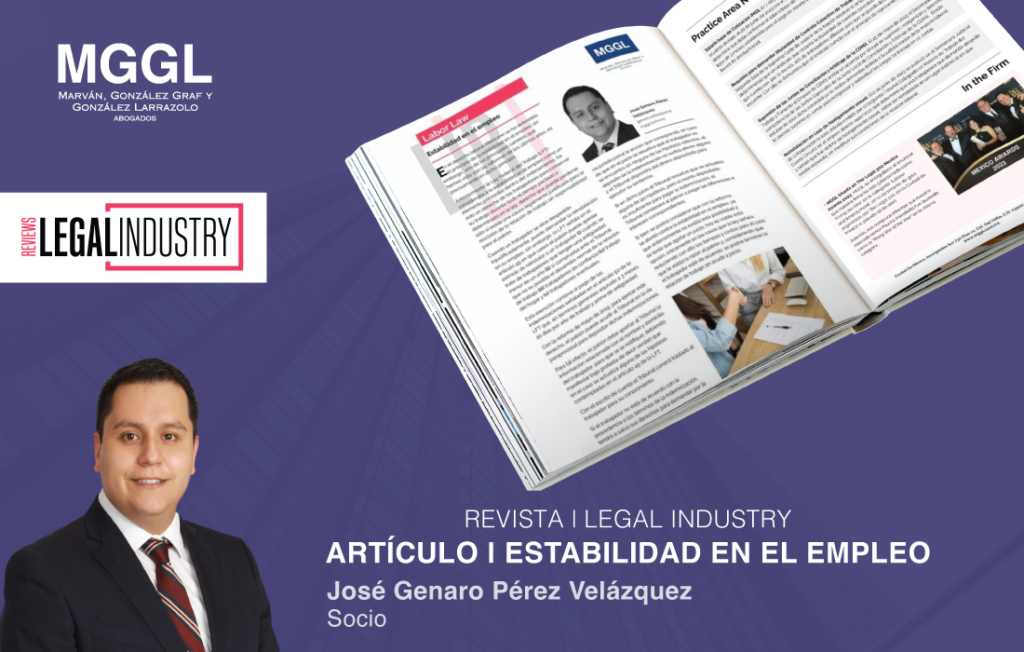On March 31st, 2020, in the afternoon edition of the Federal Official Gazette, it was published and sanctioned the Agreement determining specific measures in the public, social and private sectors in accordance with the following:
In the first instance, non-essential activities should be immediately suspended until April 30th, 2020 to prevent the spread and transmission of the virus and the consequent effects that could result.
Secondly, the following sectors may continue their activities:
- Participate in the national health system and related technology services, the pharmaceutical industry, manufacturing of medical supplies and equipment, as well as those involved in the treatment of biologically infectious waste and the cleaning and sanitation services of medical units.
- Involved in public security and the procurement and administration of justice, as well as legislative activity.
- Considered relevant in terms of their economic activity, including financial services, tax authorities, energy and water supply, food and beverage, supermarket, transportation, agriculture, fishing and livestock production, agro-industry, chemical, cleaning products, hardware stores, messenger services, private security, elderly homes, day care centers, funeral homes, those where the suspension of activities compromises their resumption of work once the contingency is completed, as well as those responsible for upholding the contingency itself.
- Related to the government's social programs.
Based on the information and resolution discussed, we must consider as part of the essential activities those companies that participate in the supply chain and are directly related to the sectors defined. Those who carry out essential activities must avoid congregations of more than 50 people and follow the hygiene and prevention protocol of the Secretary of Health.
Stay-at-home measures (understood as voluntary limitation of mobility, staying at one’s private residence) is imposed on the entire population that does not participate in essential work activities, and should be strictly followed by those over 60 years of age and in a state of pregnancy or immediate postpartum, or with a diagnosis of high blood pressure, diabetes mellitus, chronic heart or lung disease, immunosuppression (acquired or caused), renal or hepatic insufficiency, regardless of whether their work activity is considered essential.
However, essential public interest personnel may voluntarily apply to work, so we suggest that the express request of the worker be obtained before they continue their services.
Finally, it suspends the censuses and surveys, and integrates the General Health Council with the Secretaries of the Interior, Foreign Affairs, National Defense, Navy, Security and Citizen Protection, as well as the the Ministry of Labor and Social Welfare.
As for those companies that are not essential but comply with the preventive measures imposed by the Ministry of Health, and can operate remotely through home office arrangements, they do not compromise public health in any way, and would not violate the sanitary and health rules established to date.
On the contrary, those who engage in non-essential activities outside of this assumption, and who decide to continue activities, pursuant to Article 416 of the General Health Law, will be exposed to potential administrative sanctions, which may be a warning or reprimand, a fine, temporary or permanent closure (partial or total), and arrest for up to thirty-six hours.
In relation to the controversial nature or cause of the suspension, as we have stated in previous communications, we consider that a strictly legal interpretation of the suspension of relations in accordance with article 427 section VII, and the payment of compensation of up to one month's minimum wage, in accordance with section IV of article 429, is applicable in those areas not considered essential. However, the agreement published by the Authority is silent on the labor issues raised by Secretary Marcelo Ebrard Casaubón, in the presentation of the emergency declaration, denying that the health contingency provided for in the Federal Labor Law is applicable to the case.
Even though MGGL anticipated that, as of the declaration of emergency, specific agreements would come from the labor, economic and even fiscal sectors through the Official Gazette of the Federation, nothing else has been published to date in this regard.
However, an informal Q&A bulletin issued by the Ministry of Labor and Social Welfare, has been circulated, in which it is determined that the case of temporary suspension is due to force majeure, and a video in which the Secretary of Labor suggests full salary payment during the suspension, or reach alternate agreements considering the circumstances, disregarding the health contingency and the minimum wage severance foreseen in the labor law.
In each particular case, we will evaluate and suggest mechanisms to respond to the contingency, including total or partial suspension of activities, leaves of absence, rotation and reduction of working hours, programmed technical stoppages, home office arrangements, agreed salary adjustments, in those areas not considered essential or with the groups at risk in essential work activities, trying to reach agreements that allow the protection of the health of the collaborators and the companies, a situation that is not prohibited by law, and is suggested by the Ministry of Labor and Social Welfare.




